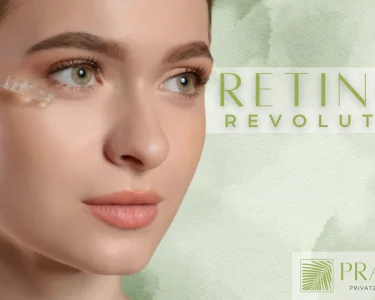In an era where social media platforms reign supreme and digital manipulation is at our fingertips, the media’s role in perpetuating unrealistic expectations of beauty has come under scrutiny. The prevalence of photoshop and filters has created a distorted perception of reality, leading to harmful consequences for individuals’ self-esteem and body image. In this feature story, we will delve into how the media contributes to these unrealistic beauty ideals, the impact on society, and the importance of promoting authenticity and self-acceptance.
The use of photoshop and filters in the media is pervasive, with images of models and celebrities being heavily retouched to create an unattainable standard of beauty. Flaws, imperfections, and natural variations are airbrushed away, resulting in flawless and unrealistic portrayals. This digitally enhanced imagery becomes the benchmark against which individuals compare themselves, leading to feelings of inadequacy and a relentless pursuit of an unattainable ideal.
The consequences of these manipulated images are far-reaching, affecting individuals of all ages and genders. Research has consistently shown that exposure to idealized and digitally altered images can significantly impact body dissatisfaction, self-esteem, and overall mental well-being. Young people, in particular, are vulnerable to these influences, as they navigate the complexities of self-identity and establish their place in society. The constant bombardment of perfected images can erode their self-confidence and contribute to the development of unhealthy body image concerns, including eating disorders and body dysmorphia.
It is not just the manipulation of individual images that perpetuates unrealistic beauty expectations; it is also the curated and filtered nature of social media feeds. Platforms like Instagram are filled with carefully curated images that present a highlight reel of people’s lives, showcasing only the most glamorous and picture-perfect moments. This curated content further distorts reality, making it difficult for individuals to differentiate between what is authentic and what is carefully constructed for public consumption.
The responsibility to address these issues lies not only with the media industry but also with society as a whole. By raising awareness about the prevalence and impact of photoshop and filters, we can empower individuals to critically analyze the images they encounter and challenge the unrealistic standards they promote. Additionally, media outlets and advertisers have a responsibility to promote authenticity by showcasing diverse representations of beauty and refraining from excessive retouching.
Efforts are already underway to combat the perpetuation of unrealistic beauty ideals. Some fashion magazines have pledged to limit the use of photoshop, promoting body positivity and embracing diversity. Celebrities and influencers are also advocating for greater transparency, sharing unfiltered and unedited images to promote self-acceptance and redefine beauty standards.
In conclusion, the media’s reliance on photoshop and filters has contributed to the perpetuation of unrealistic expectations of beauty. The manipulated imagery creates a distorted perception of reality, leading to detrimental effects on individuals’ self-esteem and body image. Recognizing the impact of these practices is essential in promoting a more authentic and inclusive portrayal of beauty. By advocating for transparency, embracing diversity, and promoting self-acceptance, we can work towards a society that values and celebrates the natural beauty of individuals in all their unique forms.




